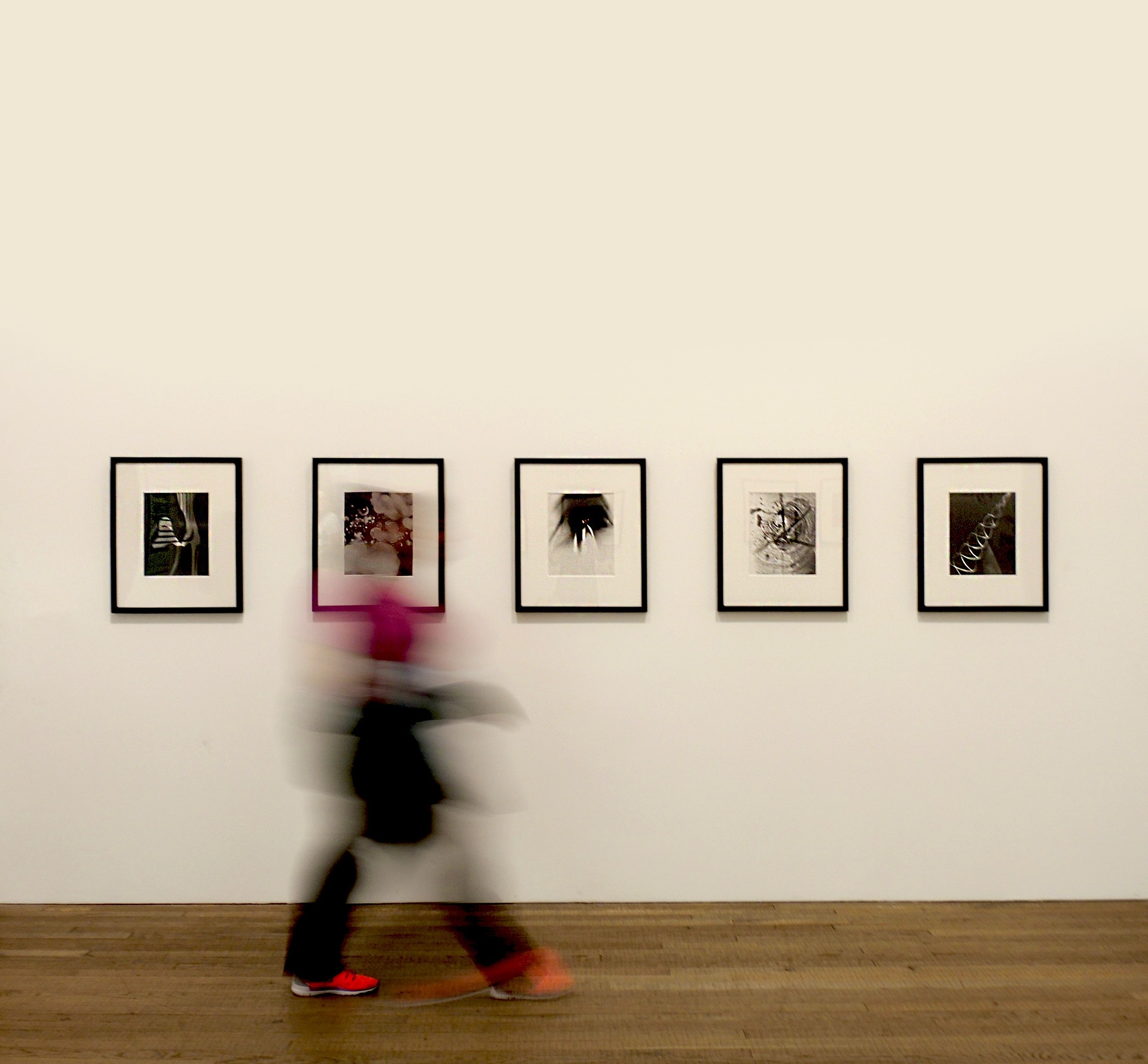Folding Back the Pages: The Literary Influence on Modern Cinema
Delve deep into the relationship that literature and modern cinema shares, unveiling the transformative journey of narrative art from the pages of a book to the big screen.

A Historical Overview
The bond between literature and cinema has been long-standing, evolving over the years. Early films, born in the silent era, often drew from famous novels and plays, establishing a tradition of cinematic adaptation. As technology advanced, filmmakers found more innovative ways to translate the written word into visual storytelling, leading to a dynamic and ever-growing roster of adaptations across a wide array of genres.
A Lens on Current Trends
Presently, the trend of literary adaptations is seeing a resurgence. From dystopian novels to classic literature, books are once again playing a pivotal role in shaping the cinematic universe. This trend is evident in recent success stories like Denis Villeneuve’s “Dune”, an adaptation of Frank Herbert’s science fiction novel, or Greta Gerwig’s “Little Women”, a modern retelling of Louisa May Alcott’s timeless classic.
Impact and Reception
The impact of these adaptations is manifold. For one, they bring literature to a wider audience, sparking renewed interest in the original works. They also offer fresh perspectives and interpretations, often reimagining the narrative for contemporary audiences. However, the reception varies. While some adaptations are celebrated for their fidelity to the source material, others face criticism for perceived deviations or oversimplifications.
Tracing the Literary Footprints
Unveiling the literary influence in films requires a keen eye. The narrative structure, the character development, the thematic explorations—all can bear the indelible imprint of their literary origins. Often, these adaptations not only replicate the plot but also the style and mood of the original work, subtly embedding the literary essence in the cinematic fabric.
Looking Ahead: The Future of Literary Adaptations
The future of literary adaptations in cinema looks promising. Given the current appetite for content-driven cinema and the vast repository of literature waiting to be explored, it is likely that this trend will continue to flourish. As technology continues to evolve and the boundaries of storytelling expand, the potential for creative and nuanced adaptations only grows.
In conclusion, the relationship between literature and modern cinema is symbiotic. Each medium enriches the other, breathing new life into the stories we love and shaping the cultural landscape. This enduring bond is testament to the timeless power of storytelling—whether it unfolds on the written page or the silver screen.




